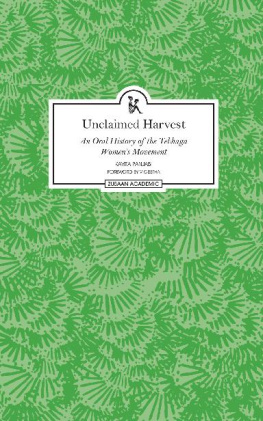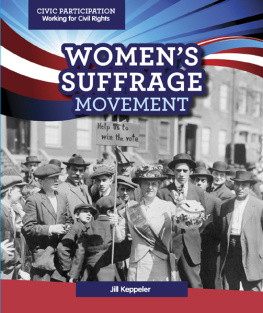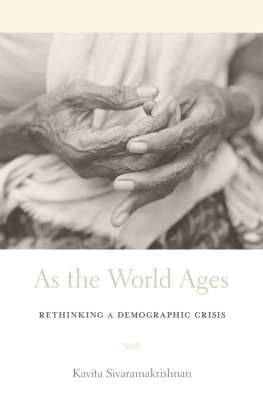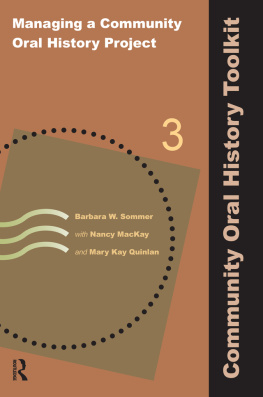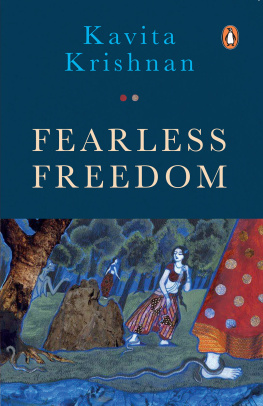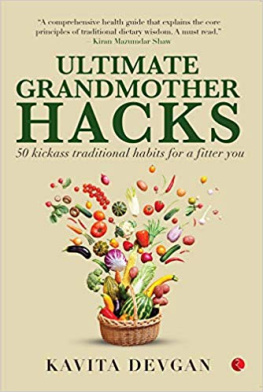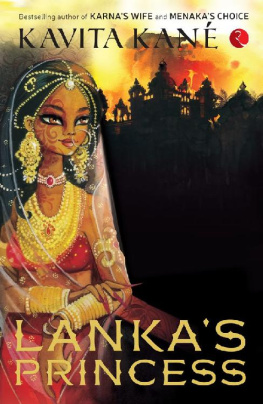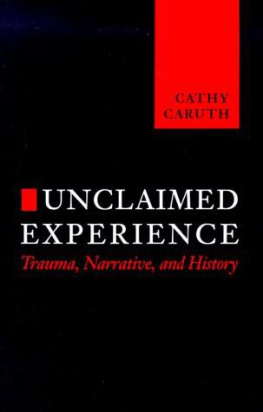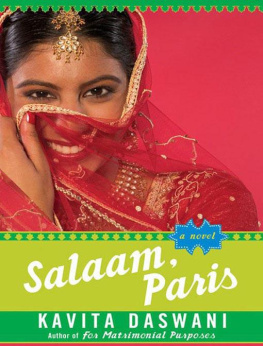Kavita Panjabi - Unclaimed Harvest: An Oral History of the Tebhaga Womens Movement
Here you can read online Kavita Panjabi - Unclaimed Harvest: An Oral History of the Tebhaga Womens Movement full text of the book (entire story) in english for free. Download pdf and epub, get meaning, cover and reviews about this ebook. year: 2018, publisher: Zubaan Books, genre: Politics. Description of the work, (preface) as well as reviews are available. Best literature library LitArk.com created for fans of good reading and offers a wide selection of genres:
Romance novel
Science fiction
Adventure
Detective
Science
History
Home and family
Prose
Art
Politics
Computer
Non-fiction
Religion
Business
Children
Humor
Choose a favorite category and find really read worthwhile books. Enjoy immersion in the world of imagination, feel the emotions of the characters or learn something new for yourself, make an fascinating discovery.
- Book:Unclaimed Harvest: An Oral History of the Tebhaga Womens Movement
- Author:
- Publisher:Zubaan Books
- Genre:
- Year:2018
- Rating:5 / 5
- Favourites:Add to favourites
- Your mark:
- 100
- 1
- 2
- 3
- 4
- 5
Unclaimed Harvest: An Oral History of the Tebhaga Womens Movement: summary, description and annotation
We offer to read an annotation, description, summary or preface (depends on what the author of the book "Unclaimed Harvest: An Oral History of the Tebhaga Womens Movement" wrote himself). If you haven't found the necessary information about the book — write in the comments, we will try to find it.
Kavita Panjabi: author's other books
Who wrote Unclaimed Harvest: An Oral History of the Tebhaga Womens Movement? Find out the surname, the name of the author of the book and a list of all author's works by series.
Unclaimed Harvest: An Oral History of the Tebhaga Womens Movement — read online for free the complete book (whole text) full work
Below is the text of the book, divided by pages. System saving the place of the last page read, allows you to conveniently read the book "Unclaimed Harvest: An Oral History of the Tebhaga Womens Movement" online for free, without having to search again every time where you left off. Put a bookmark, and you can go to the page where you finished reading at any time.
Font size:
Interval:
Bookmark:
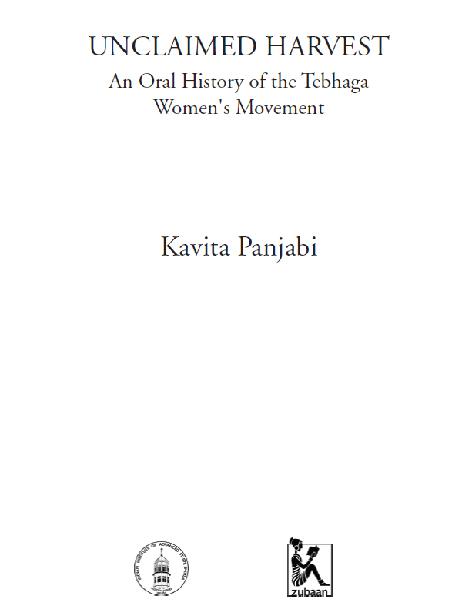

128 B Shahpur Jat, 1 st Floor
NEW DELHI 110 049
Email:
Website: www.zubaanbooks.com
Copyright Foreword V. Geetha 2017
Print source ISBN: 9789383074549
Printed and bound at Raj Press, R-3 Inderpuri, New Delhi 110 012
whose life now shows me
why to cherish the worth of memory.
V. Geetha
- '-The Rolling of the Wick:
The Mahila Atmaraksha Samiti and the Women's Movement in Tebhaga - The 'Retroactive Force of Interiority':
The Conscience of Oral History - '-Mother Give Me Some Rice Water:
The 'Man-Made' Famine and Women's Responses to Hunger - '-The Persistence of the Past:
The Santals and the Times of Revolution - '-In Search of the Terrain of Love:
Alienation in a Politics of Violence
V. GEETHA
Font size:
Interval:
Bookmark:
Similar books «Unclaimed Harvest: An Oral History of the Tebhaga Womens Movement»
Look at similar books to Unclaimed Harvest: An Oral History of the Tebhaga Womens Movement. We have selected literature similar in name and meaning in the hope of providing readers with more options to find new, interesting, not yet read works.
Discussion, reviews of the book Unclaimed Harvest: An Oral History of the Tebhaga Womens Movement and just readers' own opinions. Leave your comments, write what you think about the work, its meaning or the main characters. Specify what exactly you liked and what you didn't like, and why you think so.

